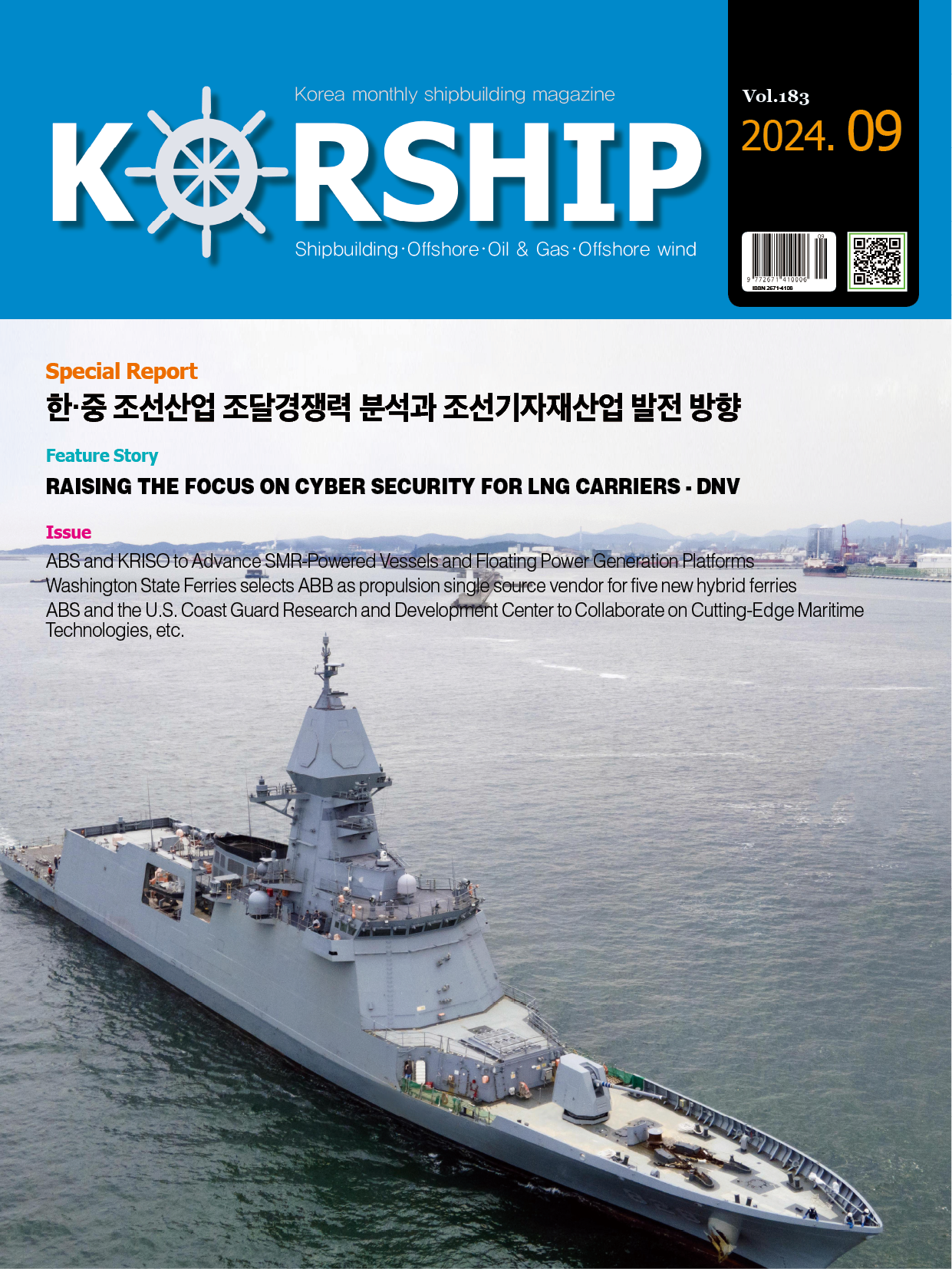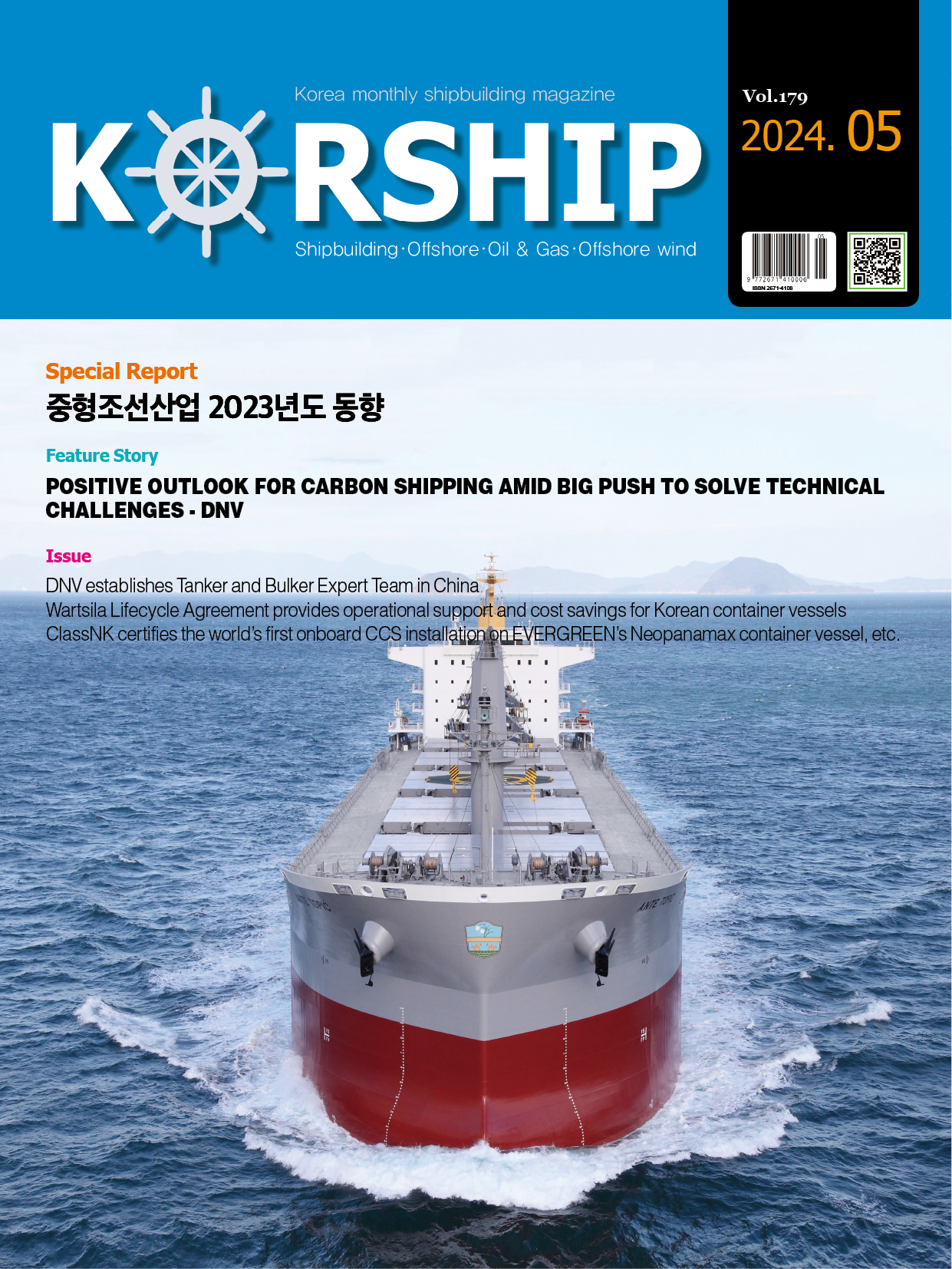Issue Accelerating decarbonisation initiatives will position shipping ahead …
페이지 정보
작성자 최고관리자 댓글 0건 조회 2,270회 작성일 20-08-14 16:14본문
Shipping should urgently implement a range of short-term efficiency gains to reduce carbon emissions while also embracing more radical long-term sustainability challenges if it wants to get ahead of the regulatory curve, believes Captain Rajesh Unni, CEO and Founder of Synergy Group, one of the world’s leading ship managers.
Speaking yesterday during ‘The Path To Decarbonisation’ session of the 10th Annual Capital Link Operational Excellence in Shipping Forum, Captain Unni said in the short-term there were ample, achievable “low hanging fruit’” efficiency gains that would make shipping more sustainable.
For example, improvements in Energy Efficiency Design Index(EEDI) plans and in vessel Ship Energy Efficiency Management Plans(SEEMP) offer the potential to reduce emissions in the short-term, while also creating opportunities for those partners with the technical expertise to help ship owners navigate the technological and regulatory challenges.
“I think there are still low-hanging fruits we can capitalise on in the short-term [including EEDI(Energy Efficiency Design Index) which we’ve done a lot of work on, plus SEEMP,” Captain Unni told delegates.
“We need to look at Negawatts–negative watts–because we need to look at how to save energy rather than using it.”
He also called on the International Maritime Organization(IMO), which is targeting a reduction of at least 50% in greenhouse gas emissions by 2050 compared to 2008 levels, to create a regulatory framework that better encourages decarbonisation innovation and provides incentives to increase the range of sustainable options open to vessel owners and operators.
Illustrating the lack of options currently available, Captain Unni said achieving the IMO aim of cutting carbon emissions by 40% by 2030 with an Aframax tanker currently burning heavy fuel oil left few alternatives aside from using LNG as a fuel alongside some means of exhaust gas recovery and/or carbon capture.
“I feel carbon capture is an inevitable short-term solution, but IMO needs to come up with a more credible plan before 2023 in the short term,” added Captain Unni.
“IMO has set broad guidelines when what perhaps we want is a more robust, more thermo-dynamic framework that maps the entire carbon cycle; that gives access to people to make detailed problem statements and then find potential solutions.”
Captain Unni believes that as the world recovers from coronavirus, pressure for shipping to take radical steps on the path to sustainability will increase and should be heeded. He sees a range of potential emission reductions paths available to owners and managers that can be implemented ahead of an inevitable shift to more sustainable fuels in the future.
For example, ship designs and construction can be made more efficient and less wasteful to reduce emissions over the life cycle of the ship, port operations can be made more efficient, and technology and digitalisation can help vessels reduce fuel consumption.












